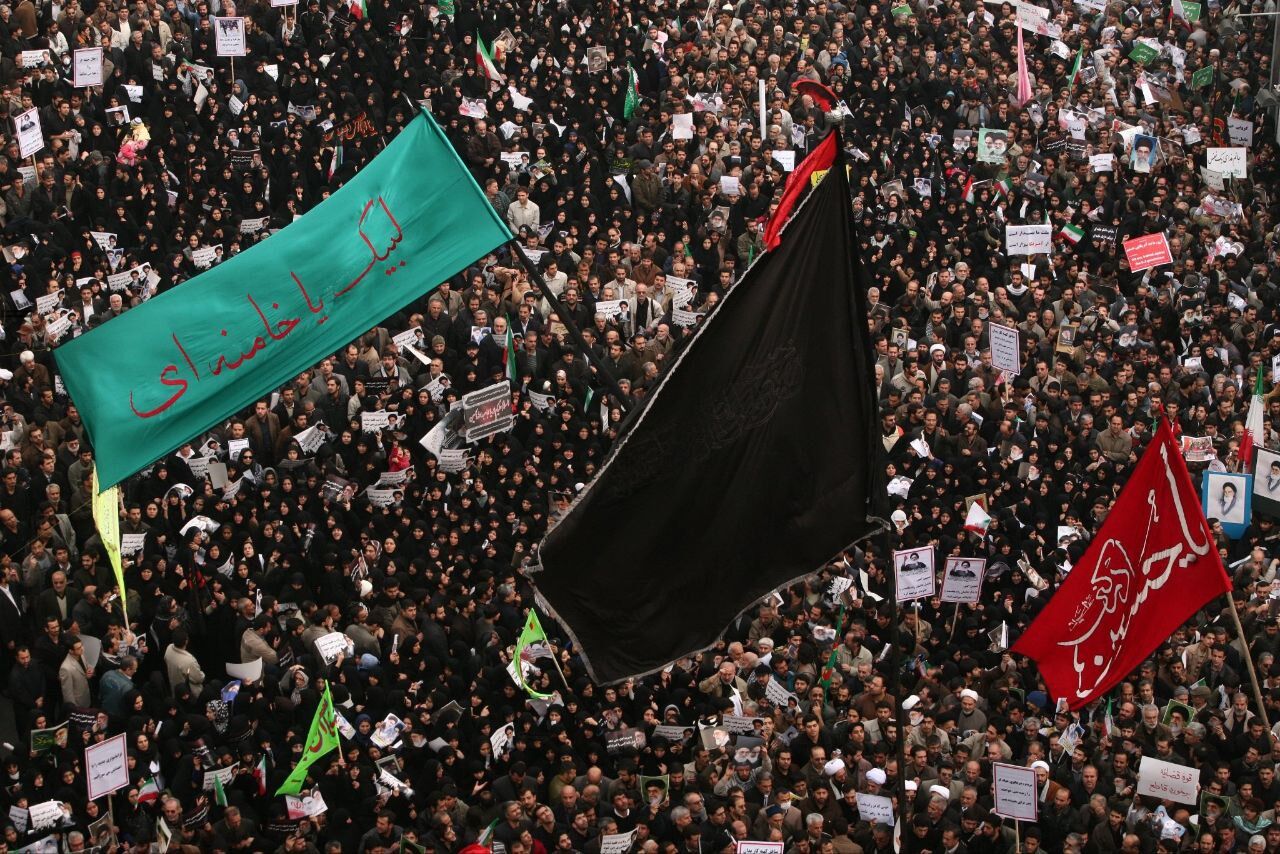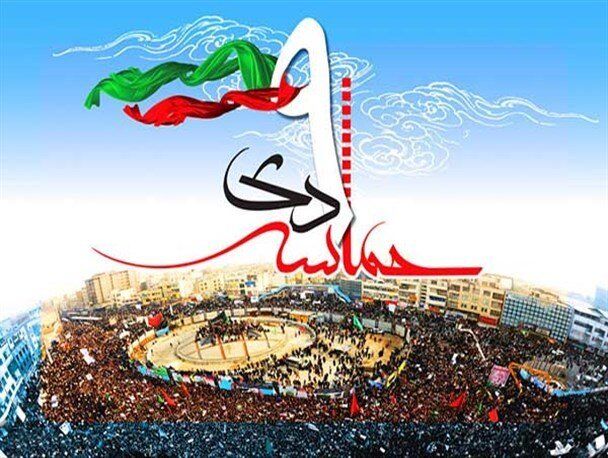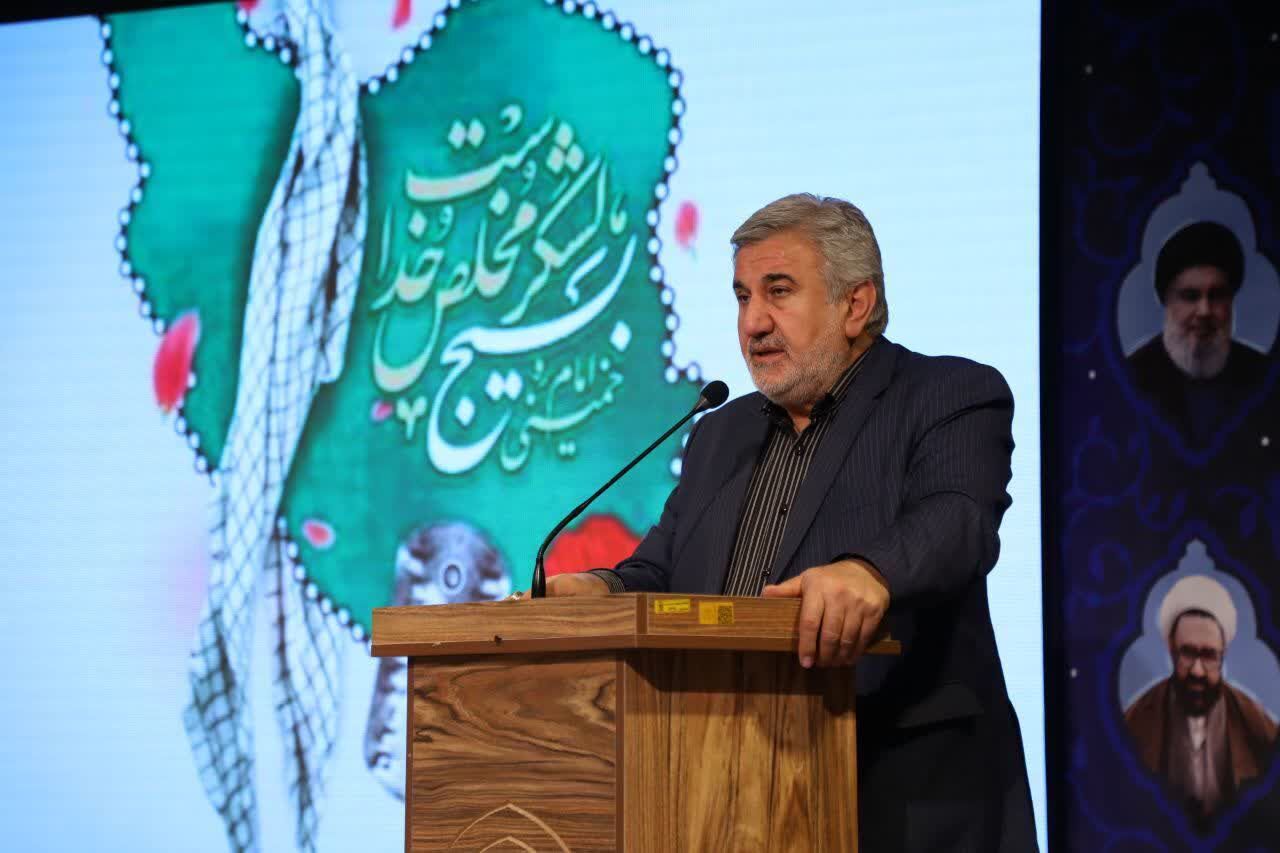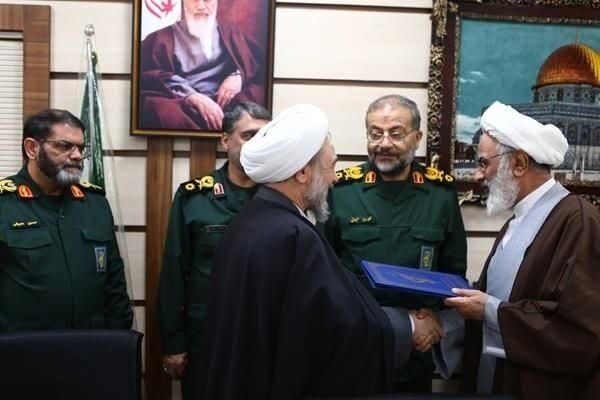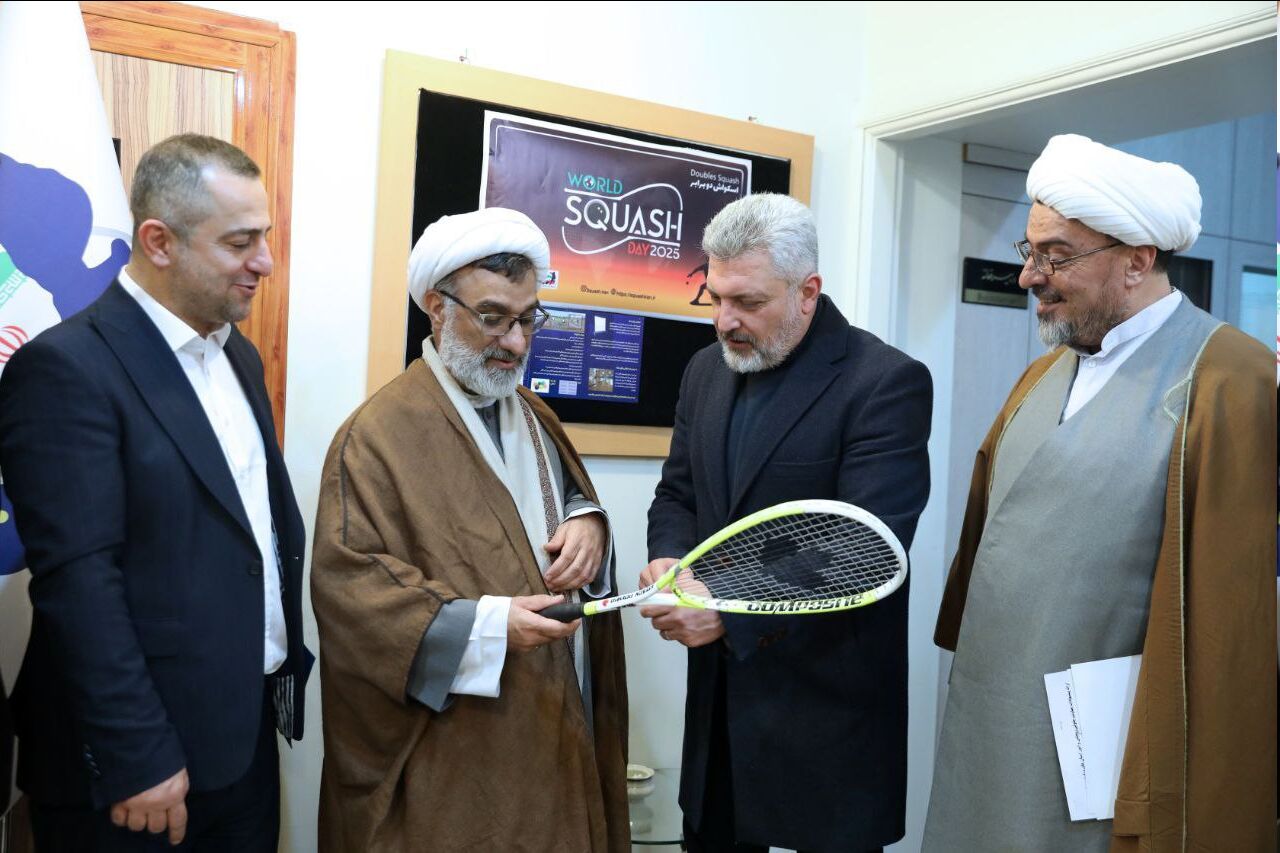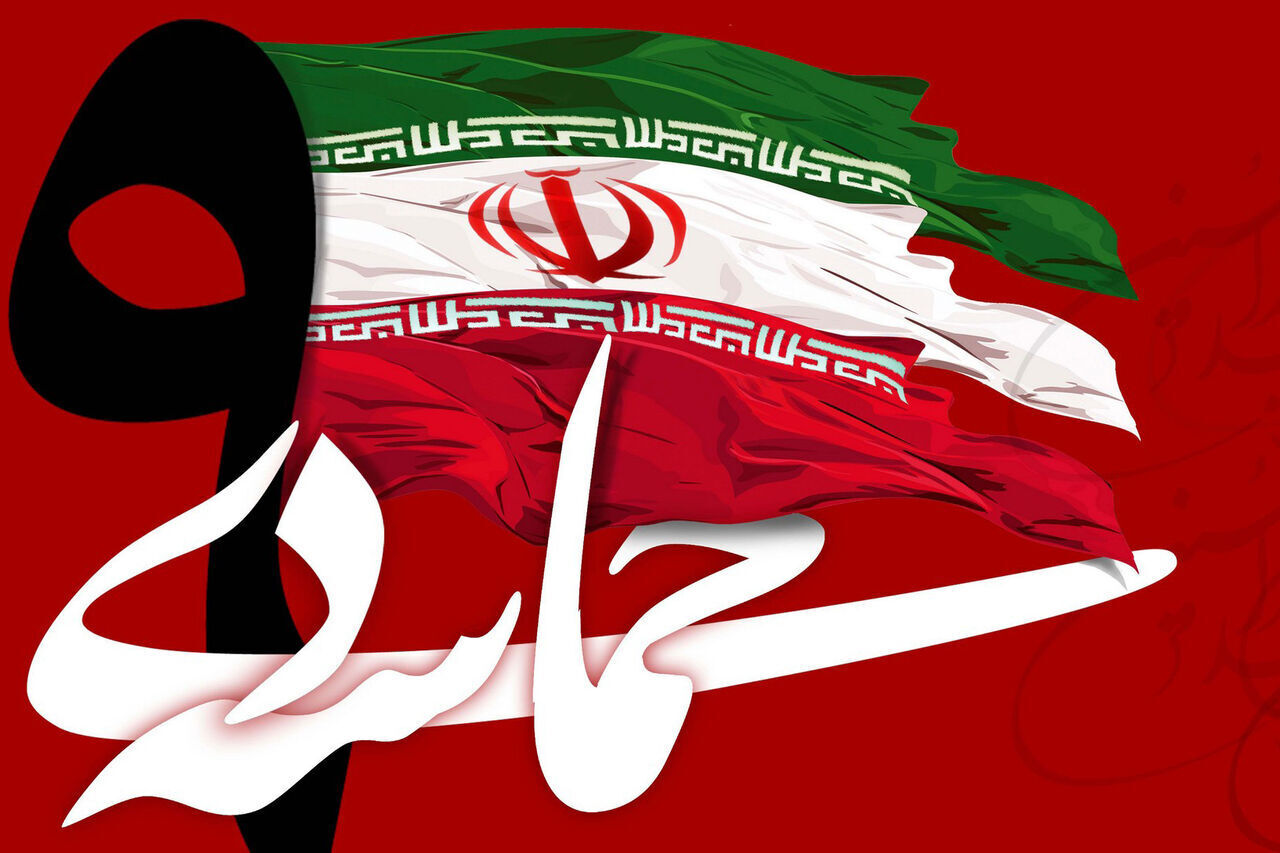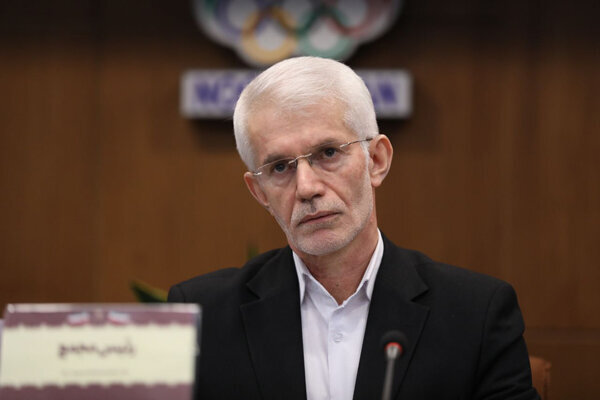Sudanese women describe sexual violence and beatings while escaping el-Fasher
Sudanese women describe sexual violence and beatings while escaping el-Fasher

Women who survived the Rapid Support Force’s violent capture of Sudan’s el-Fasher and fled to nearby towns have described harrowing scenes of sexual violence, beatings and killings whilst escaping the city.
They gave testimonies to the United Nations Population Fund (UNFPA) after fleeing on foot to the town of Tawila, 50km away. Some of the women walked as far as al-Dabbah, 1,500km from el-Fasher - a nine-day journey.
“There were many bodies on the roads, dead people everywhere, and many children in the streets who had lost their families,” said Amina. “Rape happened before our eyes, and killings too.”
Fatima said she was beaten in front of her daughter, who she’d been carrying on her back during the journey out of el-Fasher.
“They ordered me to put her down and started whipping me. They hit me on the chest with my mobile phone, and my children began screaming and crying,” Fatima said.
Soraya said she and others were sexually assaulted as they fled. Other women were killed.
“They searched us in an inhumane way. A man searching a woman like that, she is not your wife, you cannot touch her in such a way,” she said.
'We left so many corpses behind us. If you cannot hide well, they will kill you'
- woman who fled el-Fasher
“They even beat and killed women in the streets. There are bodies lying on the roads. We left so many corpses behind us. If you cannot hide well, they will kill you.”
Nearly 82,000 of the roughly 260,000 civilians in el-Fasher have managed to escape since the RSF seized the city, according to the UNFPA.
The others remained trapped in the city. A critical exit route from the city was closed by the RSF in recent days, satellite images show.
Yale School of Public Health’s Humanitarian Research Lab corroborated reports that the RSF killed civilians trying to flee the city near a makeshift wall constructed around the city.
Video footage reviewed by Middle East Eye also showed several dead bodies and people being killed near the wall.
'They killed my son'
Amira added that any young, fit men were forcibly told to confess that they were soldiers, before being imprisoned or killed.
“From our group that left el-Fasher, they took 60 young men. My husband is still missing. We don’t know where he is or where he went,” she said.
Soraya also doesn’t know the fate of her 16-year-old twin sons. “I lost my sons in el-Fasher,” she said. “I don’t know whether they are alive or dead.”
'Nothing they took from me hurt as much as his death. He was a teacher at the school. He had gone to university'
- Nadia, el-Fasher
She added that as they fled, survivors were “humiliated”, with all their money and belongings seized.
Nadia said that houses were looted in el-Fasher, before being burned down. Animals were taken too.
“They burned all our lands and crops. They took the sheep, the donkeys, and the cattle. They left us with nothing,” she said.
Nadia’s son was killed. “Nothing they took from me hurt as much as his death. He was a teacher at the school. He had gone to university. He was responsible for the whole household. They killed him.”
The RSF carried out mass killings and abuses as it stormed el-Fasher two weeks ago, some of which was documented by its own fighters and have been backed up by satellite imagery.
Multiple survivors told MEE that paramilitary fighters raped, murdered and assaulted civilians.
The Sudan war erupted in April 2023, when long-simmering tensions between the Sudanese Armed Forces (SAF), led by General Abdel Fattah al-Burhan, and the RSF, commanded by Mohamed Hamdan Dagalo, known as Hemedti, spiralled into open conflict.
The violence was triggered by disagreements over plans to integrate the RSF into the regular army, but quickly descended into a country-wide war that has killed tens of thousands of people and displaced 13 million.
MEE has reported that the United Arab Emirates is supplying the RSF with weapons through a complex network of supply lines and alliances stretching across Libya, Chad, Uganda and Somalia.
Since the war began, RSF fighters have been accused of widespread massacres and abuses, including a genocide in Darfur. The SAF have also been accused of war crimes.



